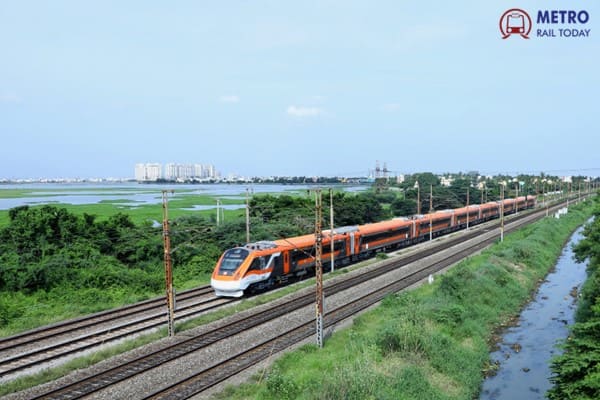 India plans record ₹1.3 Trillion Rail Safety Outlay for FY2026-27
India plans record ₹1.3 Trillion Rail Safety Outlay for FY2026-27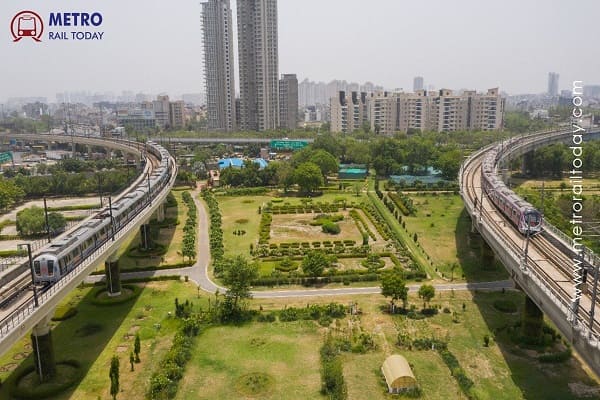 Govt. of India approves three new corridors worth ₹12,015 crore under Delhi Metro Phase V
Govt. of India approves three new corridors worth ₹12,015 crore under Delhi Metro Phase V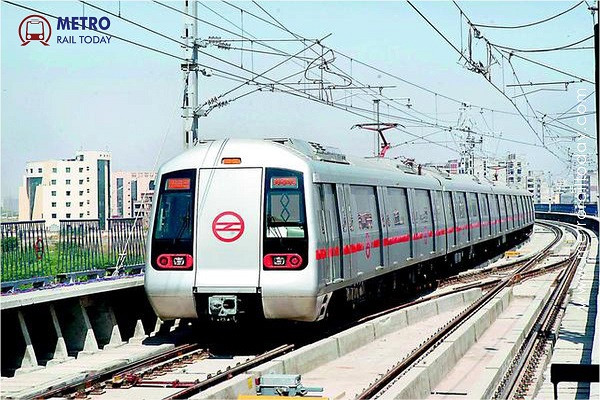 Delhi Metro completes 23 glorious years in public transport service in Delhi-NCR
Delhi Metro completes 23 glorious years in public transport service in Delhi-NCR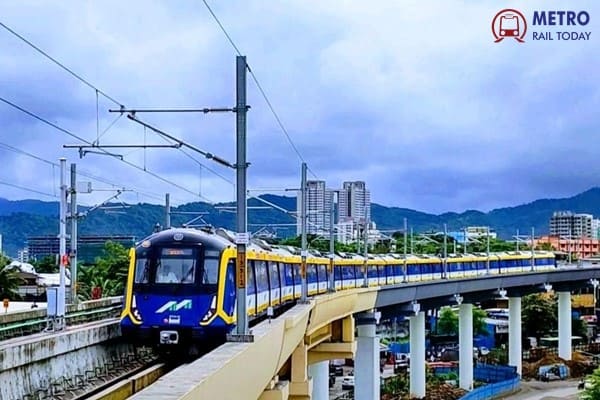 L&T bags major electrification and systems contract for Mumbai Metro Line 4 project
L&T bags major electrification and systems contract for Mumbai Metro Line 4 project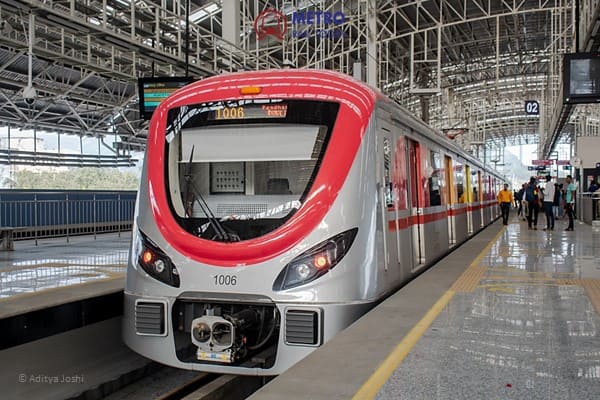 Why many Global Railway OEMs struggle in India — and how they can succeed?
Why many Global Railway OEMs struggle in India — and how they can succeed?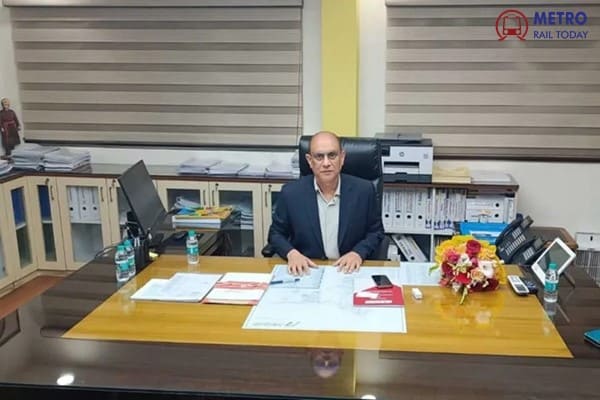 Saleem Ahmad takes charge as new Chairman & Managing Director (CMD) of RVNL
Saleem Ahmad takes charge as new Chairman & Managing Director (CMD) of RVNL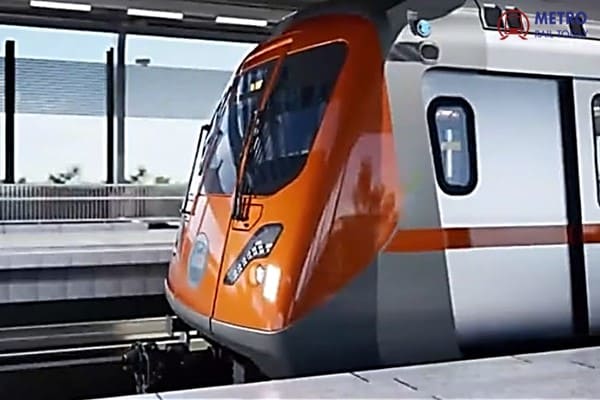 DMRC to implement Advanced AFC System for Bhopal and Indore Metro Rail Projects
DMRC to implement Advanced AFC System for Bhopal and Indore Metro Rail Projects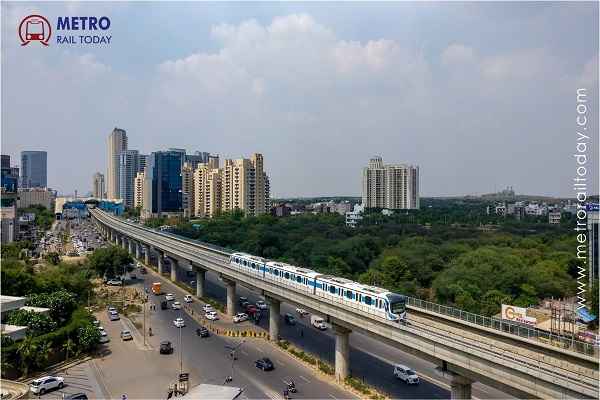 HMRTC proposes Double-Decker Viaduct on Pachgaon Metro Corridor in Gurugram
HMRTC proposes Double-Decker Viaduct on Pachgaon Metro Corridor in Gurugram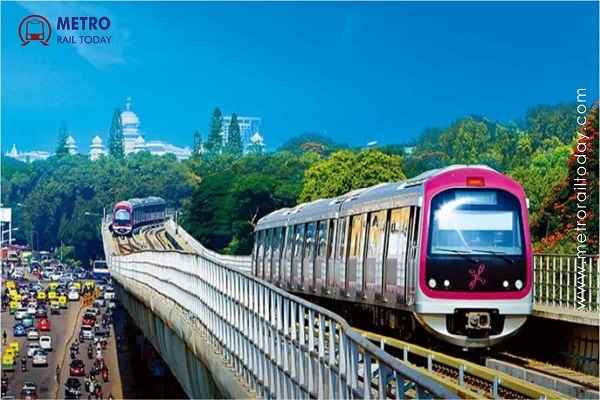 175 km of Bangalore Metro Rail Network to be Operational by December 2027
175 km of Bangalore Metro Rail Network to be Operational by December 2027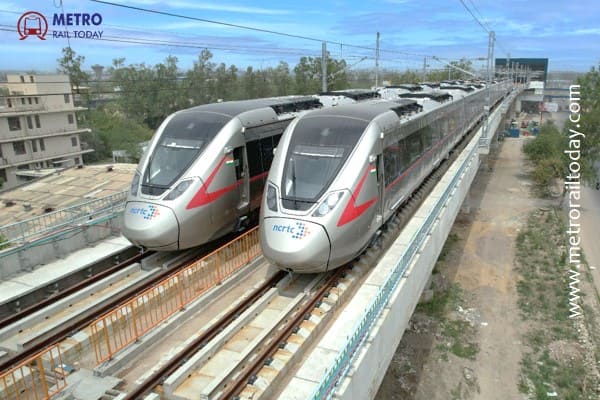 NCRTC initiates pre-construction activities for 136-km Delhi–Panipat–Karnal RRTS Corridor
NCRTC initiates pre-construction activities for 136-km Delhi–Panipat–Karnal RRTS Corridor
Mumbai Monorail suspension sparks Job Losses and Backlash despite system upgrade plans
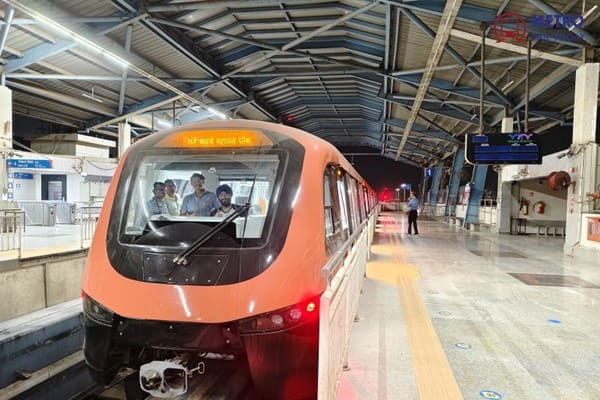
Mumbai, India (Metro Rail Today): The Maharashtra government's decision to suspend Mumbai Monorail services from September 20, 2025, has triggered not just a halt in transport operations, but a humanitarian crisis for hundreds of contract employees. As the Mumbai Metropolitan Region Development Authority (MMRDA) pushes forward with what it calls a “temporary block for system upgradation and future-ready operations,” scores of engineers, technicians, and ground staff now find themselves jobless ahead of the festive season.
Contractors working under Maha Mumbai Metro Operation Corporation Ltd (MMMOCL) — the operating arm of MMRDA — have issued termination notices to employees, with the last working day marked as October 25, 2025. The lack of a rehabilitation or redeployment plan has drawn strong criticism from workers and urban mobility experts alike.
“We understand that running the Monorail had become financially unviable, but the way employees are being let go — just 30 days before Diwali — is inhuman,” said a mid-level engineer, who wished to remain anonymous.
Another staffer echoed the sentiment, pointing out that many had dedicated nearly a decade to the struggling project:
“A transition plan or absorption into other MMRDA projects could have been the least they offered. We only received a termination email.”
Official Justification: Upgrades and Safety
According to MMRDA’s official press release dated September 16, the suspension is essential to fast-track the installation of new Communication Based Train Control (CBTC) signalling, rolling stock integration, and fleet refurbishments. The limited night maintenance window of 3.5 hours has made it unfeasible to carry out critical upgrades while maintaining daily services.
“The block of the Monorail is a vital step in strengthening Mumbai’s transport backbone,” said Deputy Chief Minister Eknath Shinde, also Chairman of MMRDA.
“With the cooperation of Mumbaikars, we will bring back the Monorail in a stronger form.”
Metropolitan Commissioner Dr. Sanjay Mukherjee added,
“We are ensuring that the system becomes safer, more dependable, and future-ready. We value the patience of citizens and assure them that when the Monorail returns, it will do so with renewed strength.”
A Legacy of Troubles
Launched in 2014 with much fanfare as Mumbai’s “future-ready” transport solution, the Monorail has struggled with low ridership, technical failures, and operational challenges. The project now faces the risk of being branded a white elephant, despite the promise of Make-in-India rakes, advanced CBTC systems, and modern amenities.
The current suspension impacts services between Chembur and Sant Gadge Maharaj Chowk, with no definitive timeline for resumption. MMRDA claims the move will also support manpower training for upcoming metro lines, but this comes as little consolation to those laid off.
“This could set a dangerous precedent,” warned a senior transport planner.
“While the upgrade is necessary, a social safety net for workers should have been non-negotiable.”
From an industry perspective, Mrs. Mamta Shah, MD & CEO of Urban Infra Group, noted:
“Urban transformation cannot come at the cost of livelihoods. The Monorail upgrade is a positive step for Mumbai’s mobility future, but it’s equally important to ensure that the people who kept the system alive are not discarded overnight. Infrastructure development must be inclusive and humane.”
As Mumbai prepares for a stronger and smarter Monorail, the on-ground reality for former employees tells a more somber story. The hope now is that future infrastructure projects adopt more people-centric transition policies, balancing technological progress with human impact.




